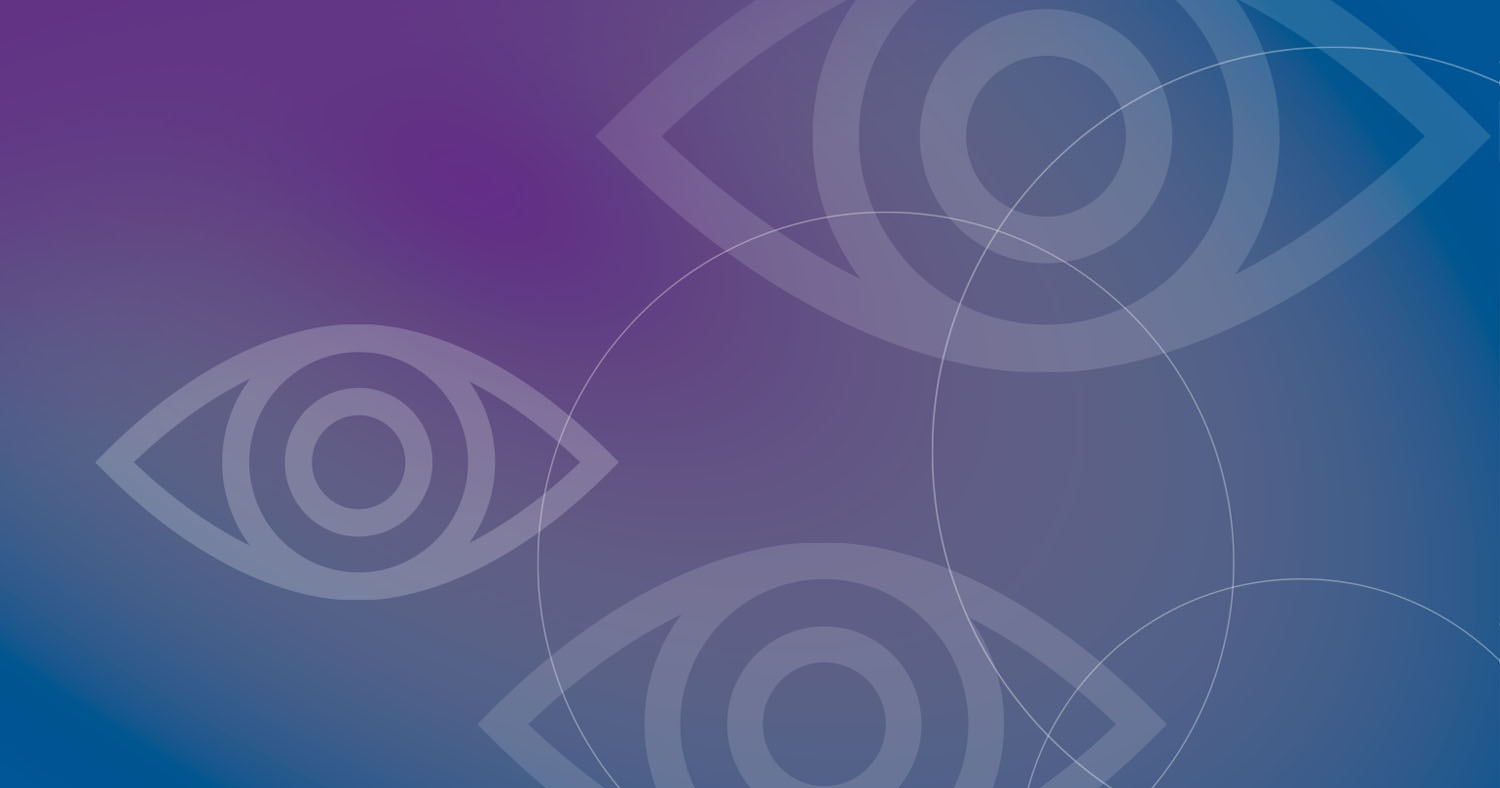Vision disorders are the most common disabling condition of childhood. Vision assessment, screening and eye examinations are the only way to understand how well a child sees. It is important that vision screening is performed accurately with MA Department of Public Health (DPH)-approved protocols and devices, to ensure the most reliable outcome.
In Massachusetts, vision screening can be performed by:
- Primary Care Physician (PCP) assessing medical history, ocular history, assessment of lids, ocular motility, pupils and red reflex
- Head Start Health Managers
- Public School Nurses
- Other DPH-approved and trained personnel
Children born prematurely, or who are diagnosed with neurodevelopmental delay are at greater risk of developing vision problems. The MA General Law provides direction for this group: An Act Relative to Eye Examinations for Children, 2004:
Within 30 days of the start of Kindergarten, a child must show a pass on a vision screening or proof of a comprehensive eye exam conducted by an eye doctor within the previous 12 months. Children with Neurodevelopmental delay, and children who fail their vision screening, must be referred for a comprehensive eye exam by an ophthalmologist or optometrist.
Prevent Blindness offers the only Vision Screening Certification training nationwide. Training is offered in person or on line. If you or your staff would like to understand more about childhood vision or become certified vision screeners, click here.
Vision screening is only the first step in identification of a potential vision problem. When a child has not passed a vision screening, a comprehensive eye exam, is the only way parents/caregivers will know the diagnosis or whether treatment is required. Parents should understand the importance of regular follow-ups with the eye doctor if vision treatment is necessary.
